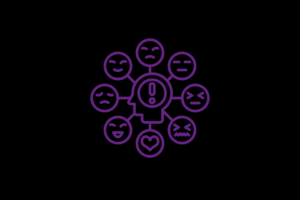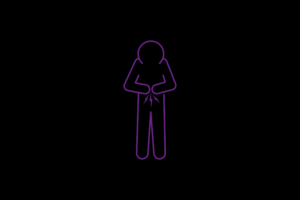When my child was being assessed for an autism diagnosis one of the doctors asked if we had any ‘family history of autism’. I realised I didn’t know how to answer that question. No one else in our family has an autism diagnosis. But that question really got me thinking about both myself as their parent, and other family members. In the past the way people thought about autism and understanding of autistic people was very different from today. This means there are probably lots of older autistic adults out there who don’t know they are autistic. I have older family members who were probably not given the right support when they needed it, because no-one understood why they found some things difficult and why they behaved a certain way. Their differences were misunderstood and given unhelpful and sometimes damaging labels. This can feel rather sad for people who perhaps would’ve been happier if they’d understood themselves better. However, it also shows how important and empowering knowing you are autistic can be. Knowing you are autistic helps people to find their place in the world with confidence and a sense of who they really are.
Often people get assessed for autism because they are finding some things difficult or feel somehow different to other people. If you’re autistic, you might find that your parents or other family members also felt different when they were younger and probably still do. What might seem different or unusual to lots of people, might well not be unusual in your family. It is empowering to know that you’re exactly who you’re meant to be. We all inherit stuff from our families. That’s often most obvious in how we look, like eye colour, or height, but it’s true of our brains as well.
There are lots of parents who when answering questions for their child’s autism assessment think ‘but that’s how I used to play with toys, what’s so unusual about that?’ or ‘I had one best friend at school too and found everyone else a bit weird, why are you asking about that?’ It can be great when family members share things they both enjoy such as lining up toy cars into endless ‘traffic jams’, or spending hours arranging the doll’s house, both things myself and my sibling used to do, and have since done with our own children.
Autistic ways of experiencing the world have some things in common, but of course everyone is different. Your way of doing things might be different to other people in your family, even if they are also autistic or neurodivergent. For example, some autistic people are very sensitive to noise, whereas someone else might be sensitive to touch or smell. This can be tricky if different people in the same household have very different preferences and needs. Having your own space can be important so you can have things how you want, even if only in one area of the house.



